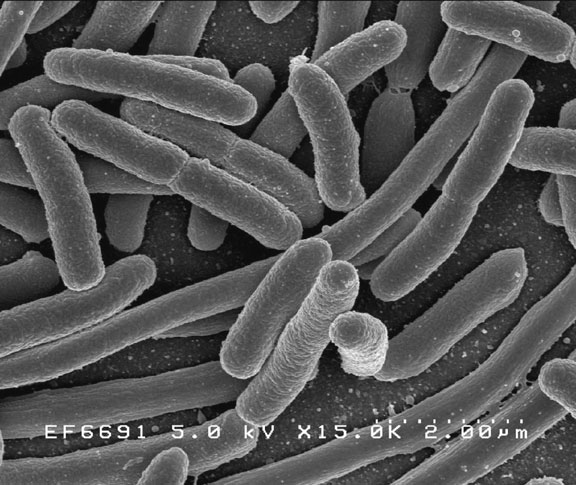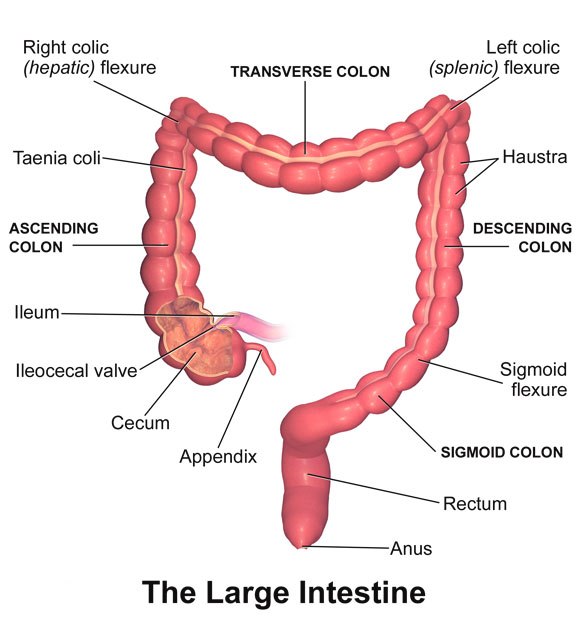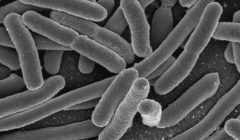Speaking of Boundaries
Jared Diamond, in his book, Guns, Germs, and Steel – The Fates of Human Societies, recounts a 1972 conversation with a New Guinean tribal leader, Yali.
 Yali asked Diamond why Yali’s people had so little “cargo.” Yali defined “cargo” as all the goods and tools brought to New Guinea first by European colonists, and later, by modern day visitors such as Diamond who arrived on the island with trunk loads of First World technology. In 1972, New Guineans still lived without the stuff of industrialization. Jared Diamond wrote his book in answer to Yali’s question.
Yali asked Diamond why Yali’s people had so little “cargo.” Yali defined “cargo” as all the goods and tools brought to New Guinea first by European colonists, and later, by modern day visitors such as Diamond who arrived on the island with trunk loads of First World technology. In 1972, New Guineans still lived without the stuff of industrialization. Jared Diamond wrote his book in answer to Yali’s question.
Map #1 in “Sapiens,” Yuval Noah Harari’s long view of human evolutionary history, suggests that between forty-five and one hundred thousand years ago, homo sapiens moved northwest from eastern Africa, meeting, fighting, and combining DNA with the Neanderthals of Europe along with other human species elsewhere, eventually populating the world with what led to the current version of us.
And we’re still changing.
A recent NY Times article, “The Bacteria Babies Need,” concludes, “The industrialization of our food supply is changing us from the inside out,” and that the intestinal tracts of 9 out of 10 American babies lack B. infantis, a beneficial bacterium which overwhelms the dangerous strains of bacteria that lead to chronic gut inflammation and illness.
Scientists believe B. infantis is present in infants born and breastfed in undeveloped nations.
According to the New York Times piece, B. infantis has gone missing from the US microbiome because of the long-term use of infant formula. Commercial formula does not contain oligosaccharides, complex carbohydrates found in human breast milk. Oligosaccharides, undigestible by babies, seem designed to feed B. infantis. Once fed by the oligosaccharides in a mother’s milk, B. infantis multiplies, spreads and protects the newborn’s digestive tract.
Researchers believe B. infantis prevents colic, asthma and food allergies. Our digestive tract is the primary location of serotonin, a neurotransmitter heavily involved in emotional self-regulation and homeostasis.
I have read that the appendix, long thought to be a useless vestigial organ, stores gut bacteria for use when the body needs it, including just after birth and then continually for life when digestive illnesses deplete the resident supply. Very likely the neurotransmitter serotonin signals a baby to cry when that baby feels hungry. Then, the infant’s sucking during breastfeeding stimulates peristaltic micromovements that trigger the appendix to release initial supplies of good bacteria into that baby’s lower gut. While our own internal physiology is invisible to our own eyes, all of us and the world in which we live are 100% energy. Energy moves.

Further, but not finally, direct physical contact between mother and newborn during and following birth is another way in which good bacteria kickstarts both immunity sharing and emotional bonding between mother and child. Microbiota grows in community. There is evidence that just like the animals we think we are not, human beings sense friendliness and safety through the microbiome and neurotransmitters surrounding us. While the term “bacteria” still has bad connotations, it’s now widely accepted that overuse of anti-biotics has wiped out much good bacteria.
Bacteria preceded all other life on earth.
Human beings, bacteria and cultures have traveled and evolved together through time, not always getting along and often trying to wipe each other out.
Many self-help and popular psychology books suggest healthy personal boundaries prevent interpersonal violence. Healthy boundaries involve healthy mind body connections. Mountain ranges, rivers and oceans are not the boundaries they used to be. Technology has allowed unpredictable ideas, people and bacteria to travel quickly.
We learn as we go.

My health issues lead me to consume and digest as much information as I can on nutrition and well-being. A 2013 study published by the National Institute of Health links the rise in Celiac diagnoses to use of the herbicide glyphosate, which in low doses, is used to ripen sugar cane. Gluten intolerance and Celiac Disease can cause skin rashes, anemia, depression, reproductive problems and digestive ills. Celiac Disease involves vitamin malabsorption. Malabsorption for any reason is unhealthy. Speaking for myself, a lot of the gluten I used to consume came surrounded by sugar and dough. Sugar itself can be problematic.
Once gluten free, I still found myself on the operating table because scar tissue from a previous surgery was strangling my digestive tract including my apparently – not – vestigial appendix. While hospitalized, I requested acidophilus to offset the effects of the anti-biotics I was taking and today, I continue to take pro-biotics. While many over the counter pro-biotics include B. infantis, I wonder, in the absence of oligosaccharides, does the B. infantis consumed by probiotic consumers simply pass on through without multiplying and helping? So far, oligosaccharides don’t come in supplements and if they did, we could not digest them. Nature designed oligosaccharides for B. infantis.
Some moralistic types suggest that good health is always a matter of healthy lifestyle. Our lives are kickstarted in cultures, civilizations and situations governed by thinking that didn’t, couldn’t or wouldn’t think holistically. Compartmentalized judgements and observations devalue humanity’s natural processes, most of which are internal and invisible. This leaves many people struggling to get and stay healthy while dealing with biological baggage and emotional scar tissue resulting from some system’s past mistakes.
Oh well.










